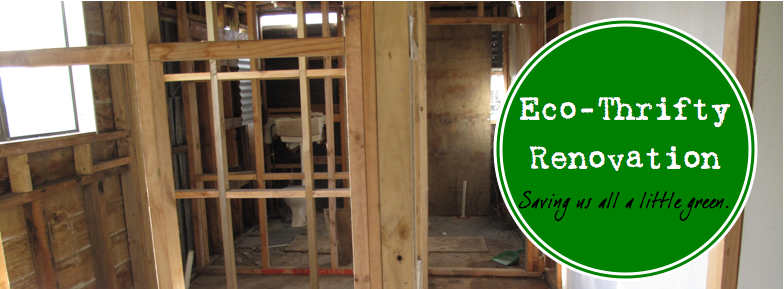We've just past our 12 month mark on this project. It has been both harder and more rewarding than we anticipated. We are proud of our accomplishments and intend to continue to share the success of this project in innovative ways for learners of all ages. While there are lots of individual education programmes that we run, the overall approach can be described as follows.

The Little House That Could (TLHTC) is a model for whole community sustainability education based on eco-renovation and permaculture food production. It engages school children from the earliest grades all the way through senior citizens with local, tangible, affordable and realistic approaches to ecological, economic and social sustainability. The programme emphasizes ecological literacy, thermodynamic literacy and financial literacy.
At the primary school level, teachers are trained in high quality cross-curricular approaches to topics such as solar energy, growing food, recycling and composting. At the intermediate and high school levels, teachers are encouraged to get students to "think globally and act locally" through systems thinking exercises and carefully planned field trips to TLHTC site. Adult education includes hands-on workshops on passive solar design, energy efficiency, solar cooking, permaculture design and low-input/high-productivity gardening. And TLHTC reaches older residents with less mobility through PowerPoint presentations at seniors clubs and rest homes. On a global scale, TLHTC maintains an educational blog, a Facebook page and Twitter account.
Every community on Earth has a run down house with a yard full of weeds. Therefore, every community could be a TLHTC community. Through online networking and sharing, we just might achieve a Little Planet That Could. This programme holds great promise due to it's low costs and high quality and effectiveness.

Anniversary Workshop: Eco-Thrifty Permaculture on 700 Square Metres
In the last 12 months we have turned an abandoned house into an energy-efficient home, and a section full of weeds and rubbish into an abundant foodscape. This workshop provides vivid examples of applied permaculture design on a human scale with lots of practical advice. Topics include sector analysis and zoning, wind protection, sun traps, annual vegetable production, composting, food forests, incorporating poultry, passive solar design, creative reuse of materials and alternative cooking methods.
Tutor: Nelson Lebo has been an environmental educator for over 20 years. Between 2000 and 2008 he developed one of the most sustainable properties in North America. From 2008 he has conducted PhD research in permaculture education at the University of Waikato.
04-12-11
2 pm to 5 pm
10 Arawa Place, Castlecliff, Wanganui
$30. (Discount for Castlecliff residents.) We accept REBS.
Preregistration required before 01-12-11
Minimum 4 and maximum of 10.

No comments:
Post a Comment